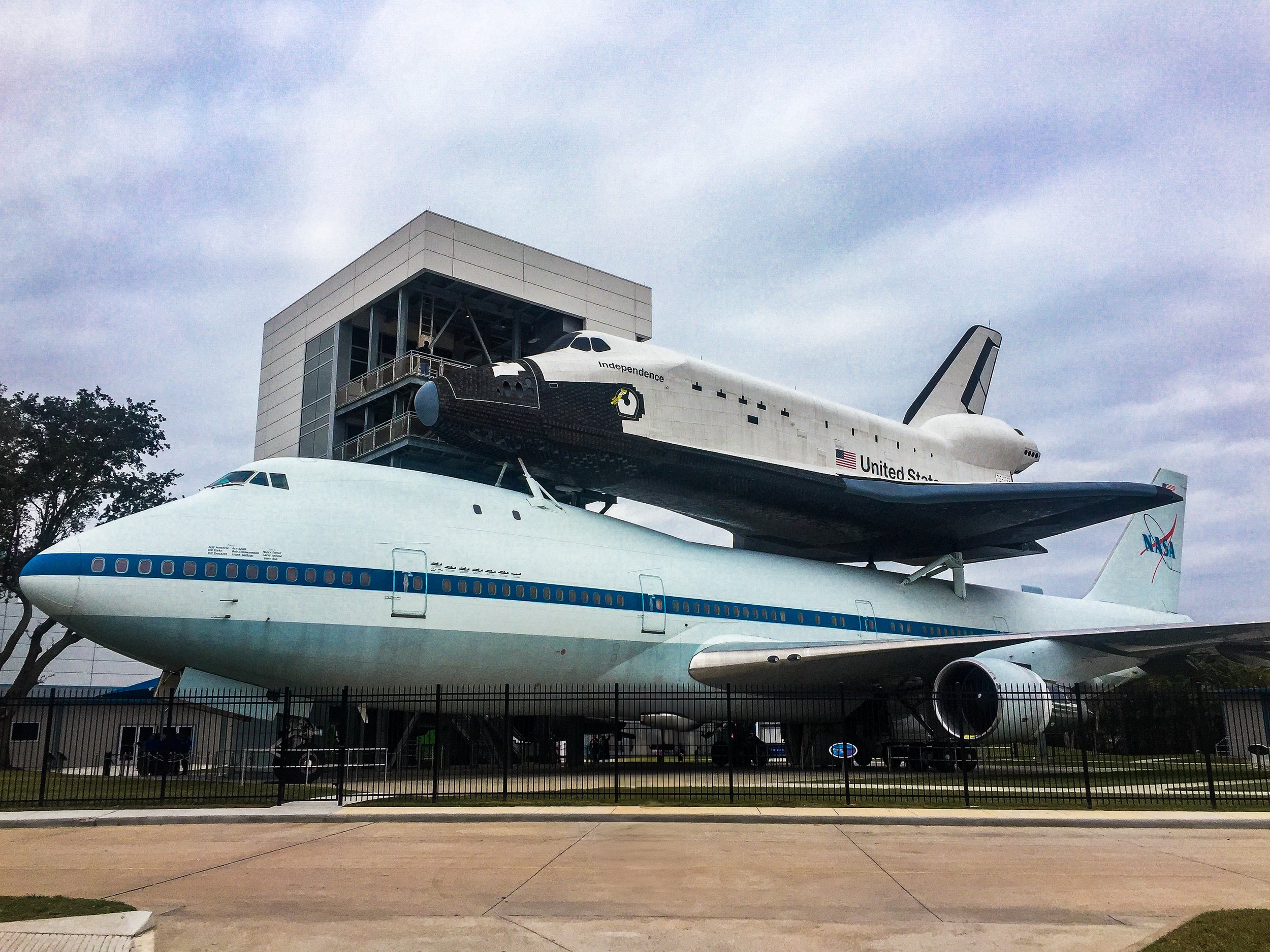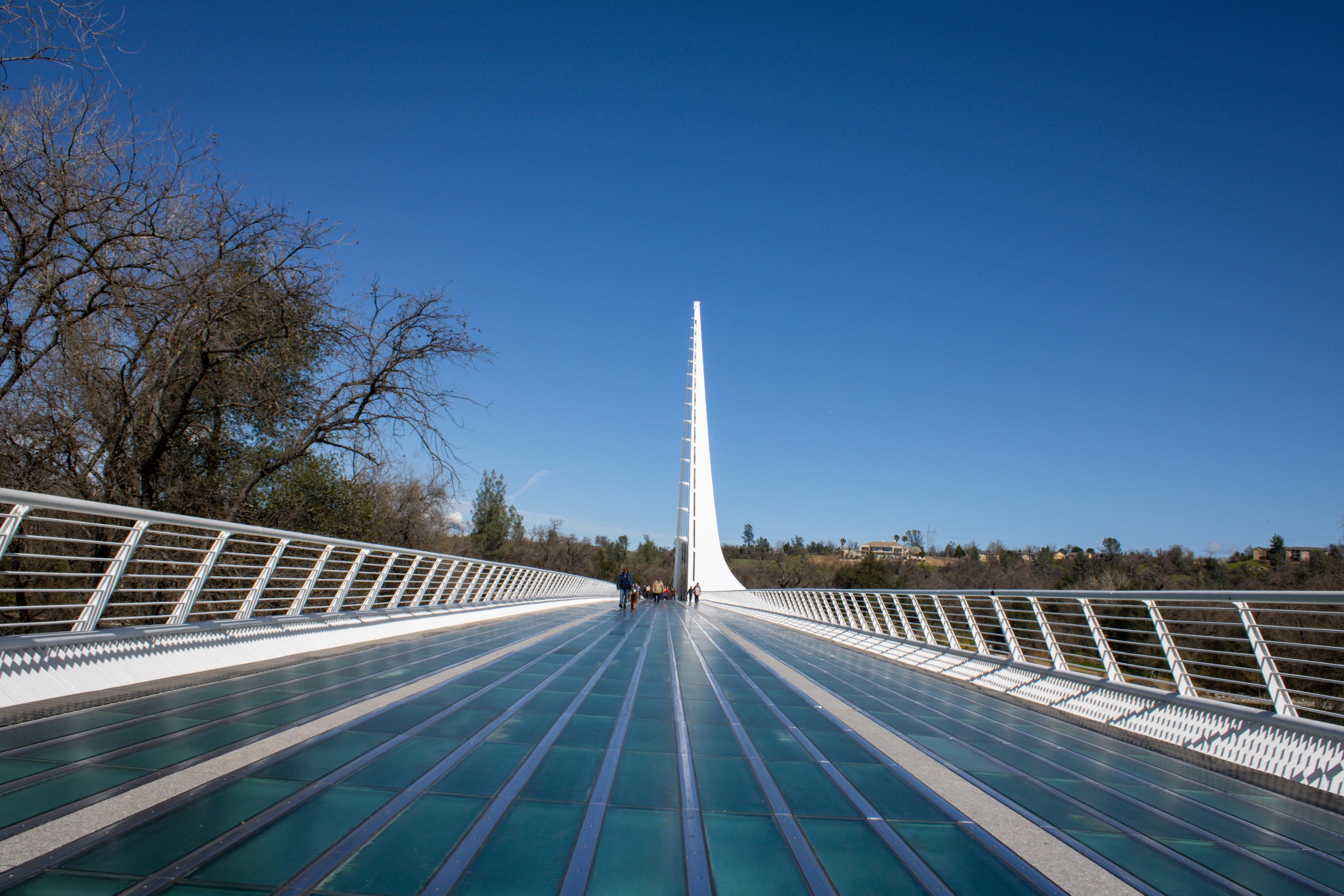What if we solve the Internet Problem?
I try my best to consume news that is balanced, or at least containing viewpoints across the political spectrum. It seems to just result in conflicting information. Sometimes it’s hard to know what to believe, to know what’s fake news, to identify mis or disinformation. When both "sides" speak so fervently about their position and vehemently attack each other, how do we determine the truth?
And then I thought: what if the world has always been like this? What if it’s always been difficult to know what to believe, if there's always been uncertainty? Perhaps that's not actually the problem—maybe it's a feature, not a bug. Perhaps the issue is not the divide itself, but the mechanism of information consumption, the consequences resulting from the amount and accessibility of information today. What if we just have a phone problem, an internet problem, not a polarization problem?
Internet cafe in Diqing, China near the Tibetan border - June 2013
The intensity of our rhetoric appears to have increased. It’s common for pundits or elected officials to make bold claims about what’s at stake. This is the most important election in the history of our country. Democracy is on the ballot this year. WE CANNOT LET THE OTHER SIDE WIN! Democrats and Republicans both regularly make such grandiose statements. Everything is a crisis. But this could be less of a sociological problem and more of a phone/internet problem.
I think back to my reading of Truman by David McCullough—there was a lot of mudslinging during the 1948 election between Harry S. Truman and Thomas E. Dewey. Sure, the language was more 'professional' than the language today. Many people blame Trump for that. But language changes. I’ve noticed my family swears more often in casual conversation now, which never happened when I was younger. We even swore in front of my Granny in the last few years of her life, something forbidden growing up. Similarly, there was mudslinging in the elections of the 1800’s too. Criticism of political opponents is not new.
But maybe the abrasiveness has increased, maybe the language has intensified. Are our phones to blame? We are constantly connected to the zeitgeist through our internet-capable mobile devices. Most people check their phones the moment they wake up and look at them throughout the whole day, only putting them down right before going to sleep. Compare that to 1948. Harry Truman ran a ‘whistle stop’ campaign, touring the country on a private train, stopping in tiny towns all across the contiguous United States, speaking to groups of a few hundred. Sometimes there were merely dozens of listeners. The press traveled with him, and the newspapers were the disseminators of information, the campaign updaters. News traveled slowly. Today, most people get alerts anytime anything ‘newsworthy’ happens. Information's travel time is negligible, with incessant updates occurring instantly after things happen, day after day after day.
Examining a red telephone box in Westminster - February 2023
The more recent democratization of news media means competition for your attention is fiercer than ever. Everyone knows the newspapers are dying; their business model can’t keep up with the technology of today. Independent news shows attract hundreds of thousands of daily consumers. There are thousands of podcasts and Youtube channels, Reddit threads and Twitter conversations, all competing for your attention. It’s disorganized, chaotic, and still new. We don’t yet know how to handle it.
But what if we did? Would solving this information overload actually solve our 'democracy crisis?' Would it decrease polarization? In other words, is the technology upstream from these sociological (and thus economic and political) consequences?
Our phones are not the devil. The internet shouldn’t be abolished. But survey after survey show we are increasingly stressed by, and concerned about, our relationship to technology and our obsession with our phones. Whereas information scarcity yields its own perils, the past twenty years show information overload has its own profound consequences. What if it’s as simple as solving the internet problem? What if we change our approach to the internet, and measured public discourse start to return?
Simple and easy are not synonyms. “The internet” is not one single ‘thing.’ But if something is simple, it becomes approachable, and when we can approach something, we can solve it. Maybe the problem isn’t us. Maybe it’s just how we use our phones.














































